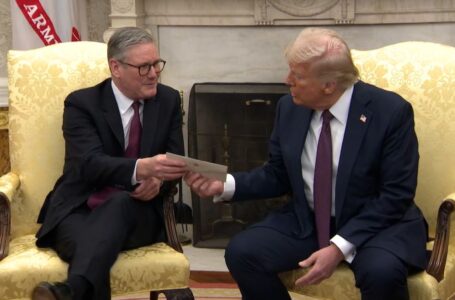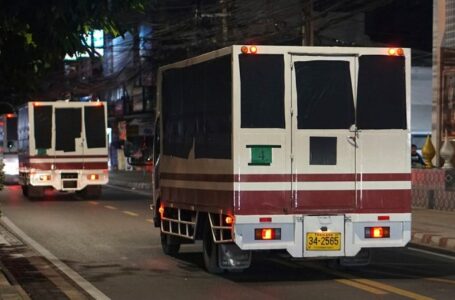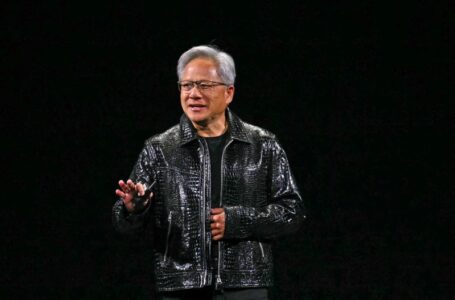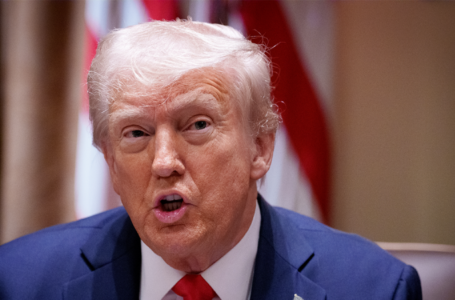Chinese ships spend record amount of time near Japan-controlled islands, Tokyo says
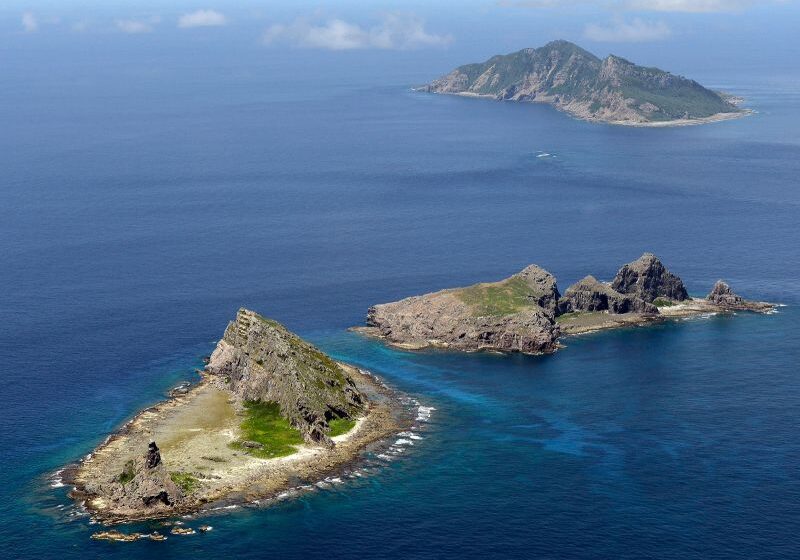

China Coast Guard ships have been in waters around Japanese-controlled islands in the East China Sea for a record 158 consecutive days, according to Tokyo’s latest count released Monday, surpassing the previous record set in 2021.
Analysts fear the uninhabited islands, known as the Senkakus in Japan and the Diaoyus in China, have the potential to become a flashpoint for conflict between the two Asian neighbors.
“The Japanese government takes very seriously the fact that there have been a succession of vessels sailing in the contiguous zone and trespassing in territorial waters,” Chief Cabinet Secretary Yoshimasa Hayashi said at Monday briefing in Tokyo.
The Japanese government chief spokesperson did not say how often Chinese ships entered Japan’s territorial waters, though foreign ships are allowed “innocent passage” through such waters.
A contiguous zone extends another 12 nautical miles beyond a country’s territorial waters, the area that stretches 12 nautical miles from the shore.
Foreign warships are allowed into contiguous zone waters – so the Chinese Coast Guard hasn’t broken any international agreements – but the continuous presence of the Chinese vessels there is seen as a provocation.
Hayashi said Japanese Prime Minister Fumio Kishida has raised Tokyo’s “serious concerns” with Chinese Premier Li Gongmin during a trilateral summit with South Korea in Seoul on Monday.
“We will continue to take every possible precaution and surveillance around the Senkaku Islands with a sense of urgency,” he said.
Competing claims
The uninhabited island chain has been a sore spot in Japan-China relations for years.
Claims over the rocky chain, 1,200 miles (1,900 kilometers) southwest of Tokyo but only about 205 miles (330 kilometers) from China’s east coast, date back centuries, and neither Japan nor China is likely to back down over territory considered a national birthright in both capitals.
Tensions heated up in 2012, after Tokyo bought some of the islands from a private Japanese owner, which Beijing took as a direct challenge to its sovereignty claims.
It has frequently dispatched China Coast Guard and other government vessels to the waters around the islands to assert those claims.
“China’s patrol and law enforcement missions in waters off the Diaoyu Dao are legitimate measures taken by China to exercise its sovereignty in accordance with law and are necessary responses to Japanese provocations in violation of China’s sovereignty,” a 2022 Chinese Foreign Ministry document says.
“No country or force should misjudge the strong resolve of the Chinese government to safeguard sovereignty and territorial integrity,” it says.
Experts have said China makes a statement and sets up a possible legal argument for sovereignty over the islands by keeping government ships near them.
Hayashi, the Japanese government spokesperson, said Monday that Tokyo is answering the Chinese presence around the islands with vessels of its own.
“We ensure a comprehensive security system for territorial waters by deploying Coast Guard patrol vessels that are consistently superior to other party’s capacity,” Hayashi said.
Any Japanese-Chinese incident in the Senkakus raises the risk of a wider conflict, analysts note, due to Japan’s mutual defense treaty with the United States.
Washington has made clear on numerous occasions that it considers the Senkakus to be covered by the mutual defense pact.
China exerts pressure at sea
The extended Chinese presence around the Senkakus comes as Chinese forces assert themselves in two other East Asian hotspots – around Taiwan and near Philippines-controlled features in the South China Sea.
China staged its largest military exercises this year around Taiwan last week after the island’s new democratically elected leader, President Lai Ching-te, who is openly loathed by Beijing for championing the island’s sovereignty and distinct identity, was sworn in.
China’s ruling Communist Party says Taiwan is part of its territory, despite never having controlled it, and has vowed to take the island, by force if necessary.
And in the South China Sea, the China Coast Guard has been taking action against Philippine vessels trying to resupply a contingent of Philippine marines on Second Thomas Shoal, using water cannons on that have injured Filipino sailors and damaged their craft.
The developments come as leaders and military officials prepare to gather in Singapore for the Shangri-La Dialogue, Asia’s premier defense summit.
Philippine President Ferdinand Marcos Jr. is scheduled to give the keynote speech Friday evening, with Chinese-Philippine clashes around Second Thomas Shoal expected to be a prime topic.
The US and Chinese defense chiefs are also expected to address the conference.

